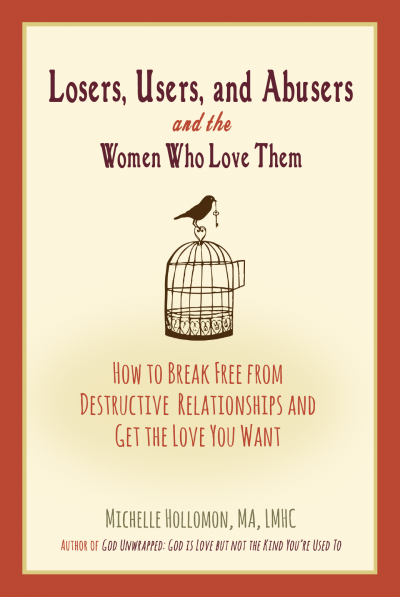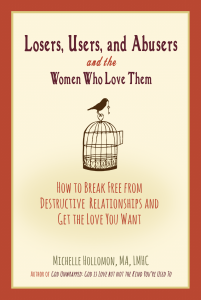How do you know when someone is really sorry? After a relationship betrayal, a heartfelt apology is the first step needed for relationship to continue or heal. If you want to work things out, it’s important that neither partner skip any steps in the healing process. An apology sets the stage for more repair work. So, what is true repentance?

How can you tell if your partner is just saying “Sorry” to stay out of trouble, or to cover up a deeper secret? How can you tell if the sorry will stick? Is it safe to trust again? These are the questions that victims of relationship betrayal ask themselves.

A Story About True Repentence
An old Hebrew tradition, I once heard seems to say it best. The story goes like this. Benny and Lucille were next door neighbors. Benny trained sheep dogs on his little farm, and Lucille raised goats. One day, Benny’s friskiest dog chewed out of his pen and attacked Lucille’s baby goat, Abigail and killed it. Lucille was sick about it. She cried and cried over her little Abigail. When Benny discovered the news, he couldn’t believe it. How could his dog do such a thing? And especially to Abigail, Lucille’s pride and joy?
Benny knew what to do, however. He knew he had to make it right with his neighbor. A simple apology wouldn’t do. When he went over to Lucille’s house, he could tell that she had been crying and he knew then just how much her little goat meant to her.
“I know I can’t bring back your little goat, and I’m so sorry that my dog attacked her last night. I’m just sick about what happened. I know you loved your little lamb. I want to make it up to you. I want to buy you two little goats of your choice. One for Abigail and one for our friendship.
Lucille knew that she could never replace little Abigail, but she appreciated Benny’s sincerity so much, she wanted to extend her hand in forgiveness.
“I also found a new home for the dog that did this,” Benny said, “So he won’t be a threat anymore.”
This is just a little story, but it does help to understand what is needed for a broken relationship to feel whole again. The old tradition basically states that the responsible party replaces what was lost, and then adds a 1/5 to restore the relationship. It emphasizes that an apology should not merely be words or sentiment, it must also include an offer to make amends. It should cost something. It must repair the emotional and relational damages, not just the financial.

If you have sustained an injury, like betrayal or broken trust or damaged reputation- a simple apology may not be enough to repair the relationship. Here are some steps to recognize a sincere apology.
The responsible person:
- Recognizes the extent of the damage done, and accepts his/her responsibility
- Actually feels some of the pain he/she has caused through empathy
- Doesn’t minimize, excuse or justify the wrong-doing
- Doesn’t say things like, “I’m sorry, but…” or “I’ll say sorry if…”
- Asks, “What can I do to make amends?” and insists on making reparations.
- Doesn’t shift the blame to you, reporting that “It is really your fault. If you wouldn’t have….”
- Follows through with his/her commitment. This may be a promise to seek support, counseling, rehab, extra accountability, or change bad habits. This usually takes time and consistency.
- Helps in other ways, like helping with the house, the finances, the kids, and general willingness to serve.
If you see evidence that he/she is truly sorry for the relationship transgression, you will slowly be able to trust and forgive. However, if you sense that the “Sorry” is half-hearted, lip service or just for show, then trusting again is a big mistake.
Learning to trust is a very long process. It’s ok to take your time to figure out what your next steps are. Sometimes the best solution is to “wait and see” if the changes are short lived or not. You can take all the time you need to discern if the relationship is safe enough to move forward. If the other person is pressuring you to hurry up, that is a strong sign that he/she is not truly repentant.









